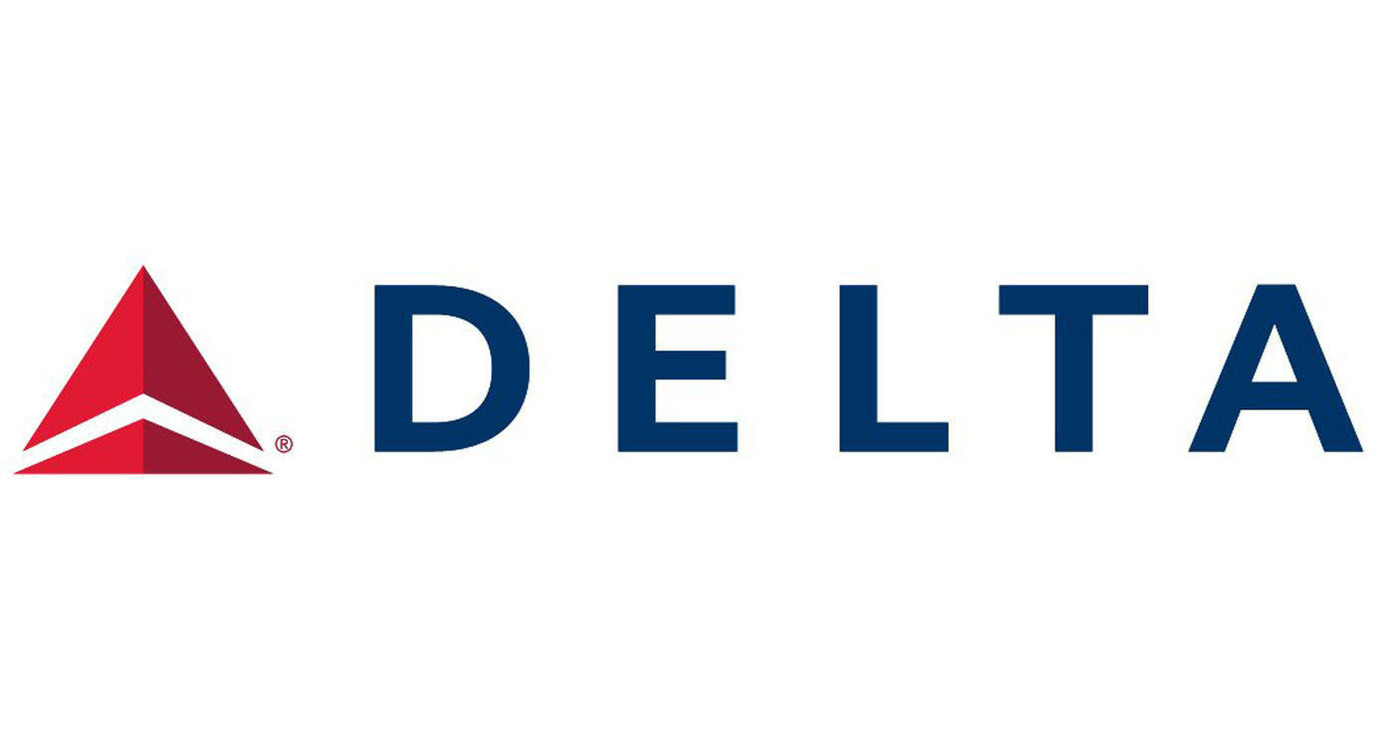
Delta Air Lines, Inc. (NYSE:DAL) is a major player in the airline industry, providing air transportation services for passengers and cargo. The company operates a vast network of routes, serving domestic and international destinations. Delta competes with other major airlines like American Airlines and United Airlines. Recently, analysts have adjusted their price targets for Delta's stock, reflecting a more cautious outlook.
Over the past year, Delta's consensus price target has decreased. Last month, the average price target was $60, down from $63 last quarter and $67.21 last year. This trend suggests analysts are becoming more conservative in their expectations for Delta's stock. Factors such as earnings reports and industry trends likely contribute to this shift.
Delta's recent earnings reports have played a significant role in shaping analysts' views. The company revised its 2025 profit outlook, now expecting adjusted earnings between $5.25 and $6.25 per share, down from a previous forecast of over $7.35 per share. Despite this adjustment, Delta's CEO has indicated that demand has stabilized, as highlighted by CNBC.
Industry challenges, such as fluctuating fuel prices and changes in travel demand, also impact analysts' projections. Delta's financial results for the June quarter of 2025 align with earlier guidance, showing robust performance across diverse revenue streams. The company anticipates earnings per share for the September quarter to range between $1.25 and $1.75, with an operating margin of 9 to 11 percent, as reported by PR Newswire.
Macroeconomic factors, including interest rates and consumer spending, further influence Delta's stock price targets. Analyst Myles Walton from UBS has set a price target of $48 for Delta, reflecting a cautious stance amid potential industry headwinds. As Delta prepares to release its second-quarter earnings, investors and analysts are keen to see if the airline can maintain its earnings momentum.